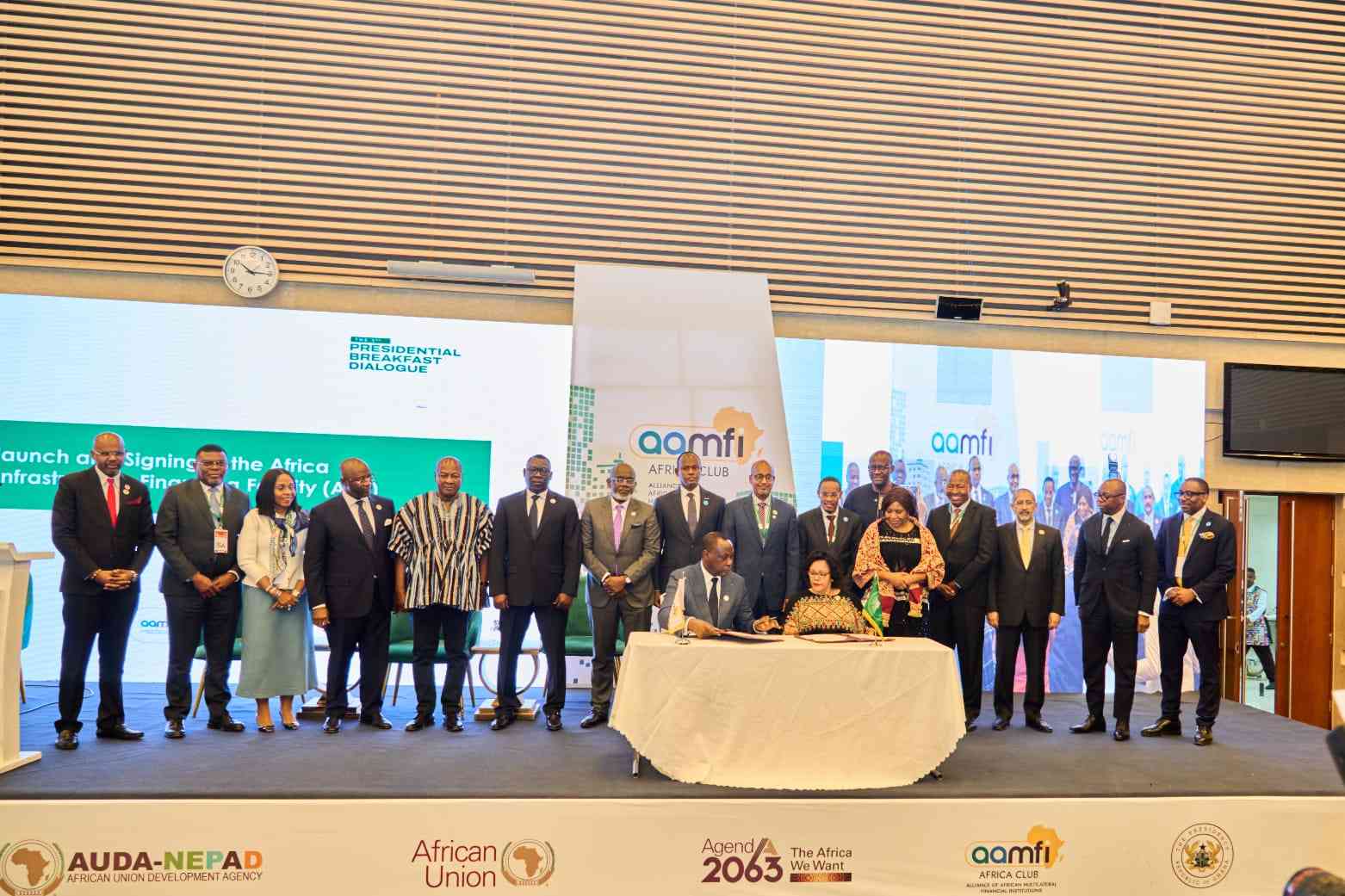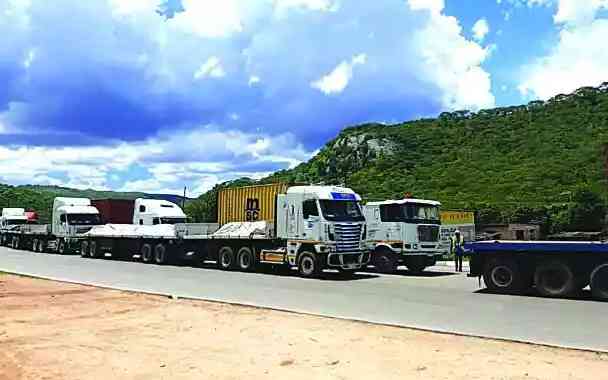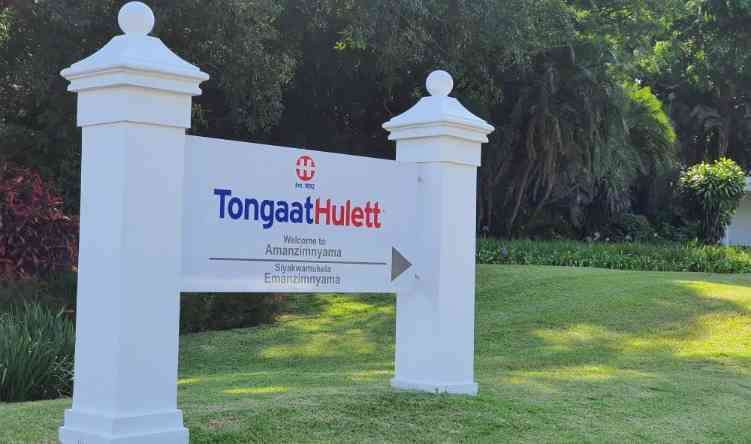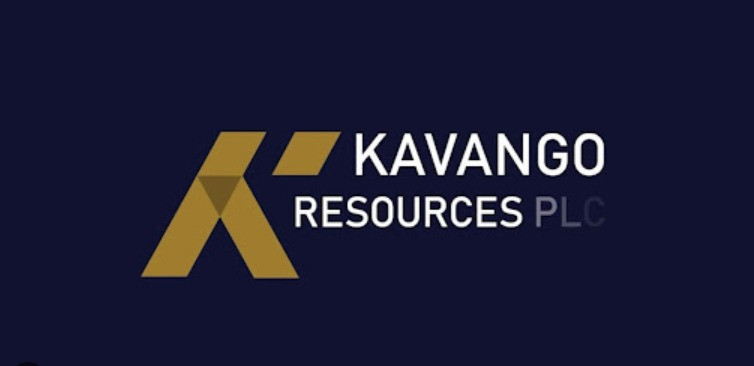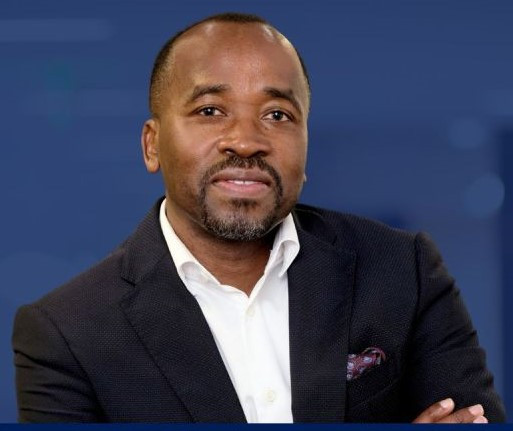
In Zimbabwe, funeral assurance is not just insurance; it is culture, economics, and psychology rolled into one. While life insurance products such as endowments and whole life policies have long struggled for traction, funeral assurance has cemented its reign as Zimbabwe’s most popular insurance product, accounting for a staggering 74% of total life insurance revenue in Q1 2025, according to the latest Ipec report.
At the heart of this dominance lies a simple truth: Zimbabweans want tangible value, especially in an economy battered by inflation, currency switches, and income volatility. Where other insurance products offer abstract promises subject to exchange rates, inflation erosion, or complex conditions, funeral assurance delivers visible, timely, and guaranteed services: a coffin, transport, tents, and dignity.
“People can’t risk uncertainty when burying a loved one. With funeral assurance, the value is seen, not imagined,” says one Harare based policyholder.
According to the Q1 2025 Ipec report: Nyaradzo Life, a funeral specialist, controls 50,13% of all insurance revenue in Zimbabwe and underwrites only funeral business.
Doves Life, also funeral-focused, comes second at 12,58%.
Combined, these two firms command over 62% of the market, outpacing diversified insurers such as Old Mutual, Zimnat, and First Mutual.
Such dominance raises a question: What is driving this intense public trust in funeral assurance?
Zimbabwe's economy has faced multiple currency reforms over the past decade from the Zimbabwe dollar to the US dollar to ZWL and now ZiG. In this environment, traditional sum-assured policies often fail to retain purchasing power. A policy taken out in local currency may lose its value long before a claim is triggered.
- Mavhunga puts DeMbare into Chibuku quarterfinals
- Bulls to charge into Zimbabwe gold stocks
- Ndiraya concerned as goals dry up
- Letters: How solar power is transforming African farms
Keep Reading
Funeral assurance sidesteps this dilemma.
Instead of cash payouts, it offers in-kind benefits - transport, casket, burial services whose value is linked directly to real assets, not devalued currency. These are immediately redeemable at death, preserving dignity and relieving financial strain.
“Families don’t have to worry if ZiG collapsed yesterday. A coffin is still a coffin. A bus is still a bus,” one industry observer put it.
While the dominance of funeral assurance reflects trust and utility, it also exposes gaps in how other products are perceived.
The rise of land backed endowment and savings products shows a growing effort to “funeralise” other lines by making them visible, inflation proof, and asset-linked. But these are still evolving, and it remains to be seen whether they can dethrone funeral assurance.
If the broader industry wants to recapture public trust, it must design products that are as practical, inflation-sensitive, and culturally relevant as funeral assurance has proven to be.
Behind the scenes, actuaries play a pivotal role in ensuring that funeral products remain both affordable and sustainable. From affordability modelling across rural and urban demographics, indexation mechanisms to hedge against inflation, cash-flow-based reserving to support immediate claims, to designing flexible payment systems, actuaries are the invisible architects of product resilience.
Actuarial modelling has even influenced public policy. Zimbabwe’s Product Approval Framework (2025) was shaped in part by actuarial input.
“In a sector where emotion meets economics, actuaries are the voice of reason transforming data into dignity.”
The question now is: Can the sector learn from funeral assurance to build trust in other insurance offerings?
The industry is already exploring new frontiers such as embedding inflation hedges in savings products.
But until then, funeral assurance remains the king of Zimbabwean insurance not because it pays the most, but because it delivers what matters most, when it matters most.
Kondenga (née Maeresera) is general manager and consultant at Actuary African Actuarial Consultants — [email protected]; [email protected]; [email protected]; Tel: +263 (242) 884 140/9.

